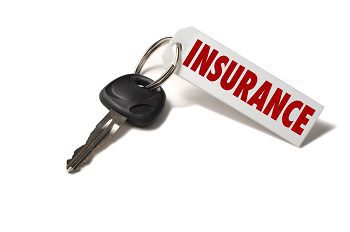
Collision vs. Comprehensive Coverage
If you have a vehicle, you’ll likely need to obtain some form of insurance. Whether you need to obtain collision or comprehensive coverage—or both—depends on where you live and whether you own or lease your vehicle. 
Collision and comprehensive coverages provide financial safety nets in the event your vehicle is physically damaged and needs to be repaired or replaced. Although these coverages are generally not required by state laws, they can reduce your financial hardship.
If you finance a loan for a car, your lender will most likely require both collision and comprehensive coverage as part of your car insurance policy.
Collision Coverage
Collision coverage pays for the cost to repair damages to a vehicle due to an accident, either with another vehicle or an object. Typically, you will collect only the actual cash value of your car versus the replacement cost value. Gap insurance protects you in the event you owe more than your vehicle is worth.
-
Collision coverage is generally the most expensive piece of a car insurance policy.
-
Premiums are based on a number of factors, including your deductible, driving record and the type of car you drive. If your driving record is fairly clean (no or very few tickets or accidents), your premiums will be lower because you are less likely to have a collision.
Comprehensive Coverage
Comprehensive coverage pays for damage to your vehicle caused by theft, vandalism, fire, natural disasters or hitting an animal.
-
Comprehensive coverage comes with a deductible and the insurer will only pay as much as the vehicle is worth at the time of the incident.
-
To calculate how much your car is worth, look up the Kelley Blue Book value or the National Automobile Dealers Association’s Official Used Car Guide value. If your car is low in value, the yearly premiums for comprehensive coverage may not be a sound investment.
-
Comprehensive coverage has many limitations, so it’s best to review your policy carefully to make sure you’re properly covered.
Cost-savings Strategies
If you’re looking to save money on your premiums, consider the following:
1. Avoid getting speeding tickets or other traffic violations.
2. Raise your deductible.
3. Establish a solid credit history.
4. Ask your insurer if they offer a safe-driving discount.
5. Maintain a clean driving record.
6. Install an anti-theft device in your vehicle.
Now that you know the basics of each type of insurance, you can make an informed insurance decision.
